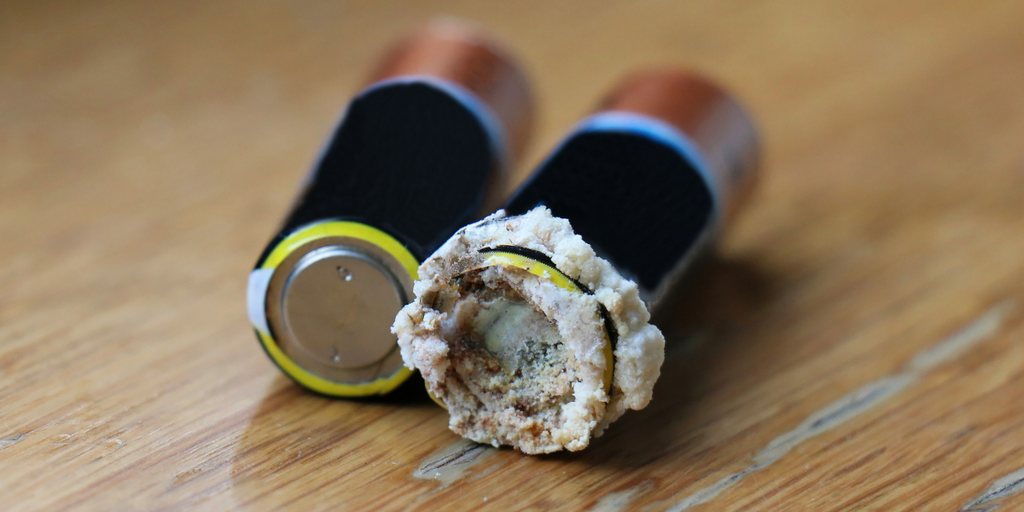
Batteries are very important components of everyday life for people all over the world. Little wonder billions of various battery units are in circulation globally. But whether it is your alkaline torchlight battery or a rechargeable battery for your power tool, wrong use of a battery can cause battery leakage at home or in your office and elsewhere. Batteries are made with very strong chemical substances that need to be kept in an enclosure and disposed of properly at the end of their lifespan. When these chemicals escape from their enclosures, any surface they’ve escaped to should be cleaned quickly and thoroughly.
What causes battery leakage?
A battery is made up of a positive electrode (the anode) and a negative electrode (cathode) both of which are separated by an electrolyte to generate power. In alkaline chemistries, this electrolyte is potassium hydroxide liquid. It is this liquid that often finds its way out of batteries in the form of leakages. How?
The commonest cause of battery leakage is leaving a battery with no power for an extended period or keeping it inside a gadget (e.g., a flashlight) for a long period without using the gadget. In such situations, the gas pressure that builds up inside the battery forces the battery’s protective casing open resulting in the leakage of potassium hydroxide. Once out in open air, the potassium hydroxide reacts with carbon dioxide to form potassium carbonate—the whitish ionic salt that sticks to the battery coating.
Apart from the above reasons, a battery can also leak if subjected to any kind of abuse, for instance exerting unnecessary force on the protecting coating can rupture it and cause leakage. Placing a battery under hot temperatures can also induce leakage. Though zinc-carbon and alkaline batteries are more prone to leakage, other battery chemistries (such as NiCd, NiMH, lithium-ion, and lead-acid) can also leak, especially if abused.
Battery leakage cleaning
If you notice leakage from any of your batteries, then you have to act quickly to avoid any unwanted chemical reactions on the surface of your gadget or any other surface. Here are the steps involved in battery leakage cleaning:
- Covered with gloves, slowly apply acids such as distilled white vinegar or lemon juice to the potassium hydroxide or potassium carbonate to soften or neutralize it.
- Wait for a while for the lemon juice or vinegar to soften the leaked chemical and then use a toothbrush or cloth to gently wipe it off until the surface is back to its original state
- Put everything (the battery, toothbrush, cloth, gloves, etc) into a sealed plastic enclosure and dispose of the plastic material according to laws in your locality. Because of their chemical content, most laws stipulate that batteries should not be disposed of like other household garbage.
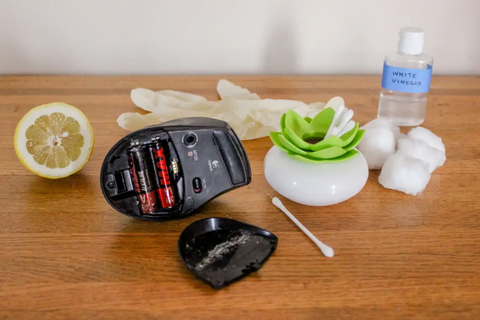
How to prevent a battery leak?
Prevention is always better than cure. Rather than go through the stress of cleaning up leaked battery chemicals, you can adopt strict preventive measures such as those mentioned below to ensure there is no battery leakage in the first place.
☘Do not attempt to recharge primary batteries
Though there are rechargeable alkaline batteries on the market, most alkaline chemistries are not rechargeable. Therefore, trying to recharge an alkaline battery that is not rechargeable can rupture the battery and subsequently cause leakage.
☘Empty your battery holder if you’ll not use the device anytime soon
As noted earlier, one of the main causes of battery leakage is leaving batteries in the battery compartment of a device without using the device for a long period. So if you have batteries in a device that will not be in use for some time, try to detach the batteries from the device early enough because the longer they remain in the unused device, the higher the probability of leakage.
☘Appropriate storage
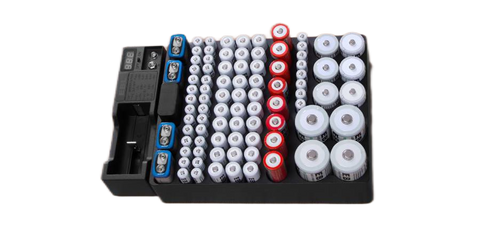
Whether new batteries you just bought or old batteries already in use, batteries should be appropriately stored to guard against leakage. Be sure to store them in a dry space at room temperature since extreme temperatures are not good for battery health. They should also not be in contact with other batteries or metals to avoid short-circuiting and its consequences, which can include leakage. Lastly, the storage space should be free of any excessive force that can rupture the battery’s external protective casing and cause leakage.
☘Do not leave a battery-powered device switched on when it’s not in use
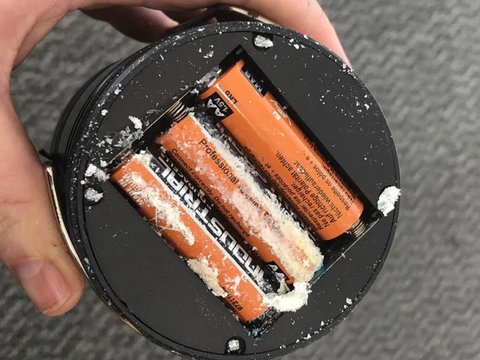
Remember to always turn off your device after each use. This will not only help prolong battery life in the long run but also ensure that the battery does not discharge continuously, become empty and then start leaking.
☘Use batteries that are of the same age, size, power, and brand
If your device is powered by more than one battery at a time, make sure that the inserted batteries are of the same age, size, power, and brand. For instance, pairing an old partially discharged battery with a new fully charged one can lead to the new battery discharging the old one to the extent of leakage, with time.
☘Study the manufacturer’s manual before using the product
To avoid battery leakage between cells, make out time to peruse the manufacturer's guidelines/manual for using both the battery and the host device. This will enable you to determine batteries that are most compatible with your device since all batteries may not be suitable for one device.
☘Ensure your batteries are correctly inserted
Improper insertion of batteries into the battery compartment can cause problems that may culminate into leakage. So always be sure that both the + (positive) and – (negative) terminals are correctly inserted.
☘Note the battery’s best by date
Batteries usually come with a best by or best before date. While it is not necessarily an expiry date, batteries that are past their best by date are more likely to leak, even if they seem to be working well.
☘Buy high-quality batteries
While there are many battery brands out there, all of them are not equal in terms of the quality of raw material inputs and superior design. Though they may be more affordable, lower-quality batteries are more likely to leak when compared to higher-quality brands. To be free from battery leakage problems, it is better to settle for a high-quality product.
One such product that is highly recommended. Whether rechargeable, lithium metal, or alkaline, Our battery designs a variety of battery chemistries that provide excellent anti-leakage performance during storage and over-discharge use thereby ensuring superior protection for you and your devices. EBL batteries are made with premium raw materials and high-density cell technology, meaning that they will give your devices enough power to last longer. These are just a few perks in using EBL batteries. You can find more information on our website.
Related blogs:

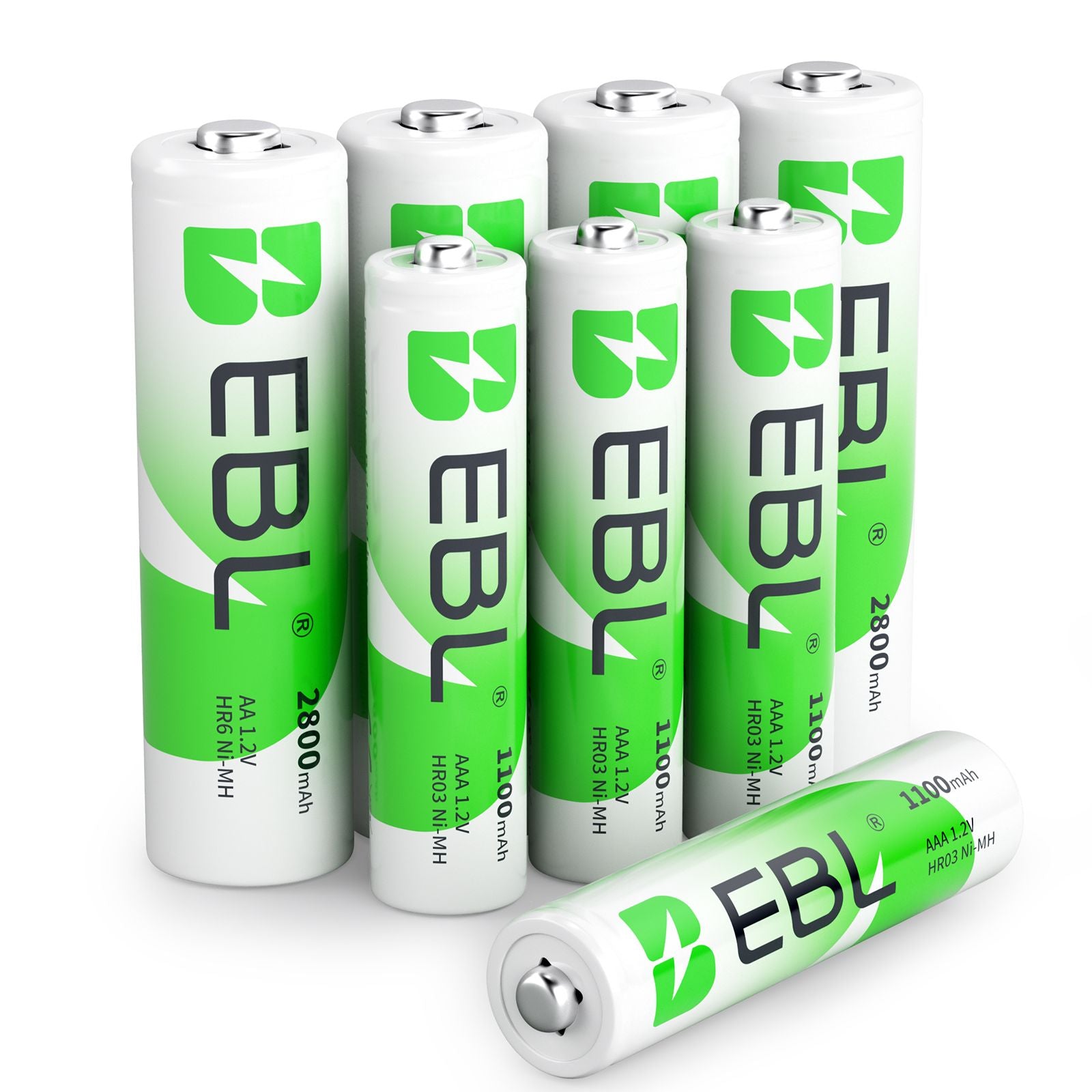
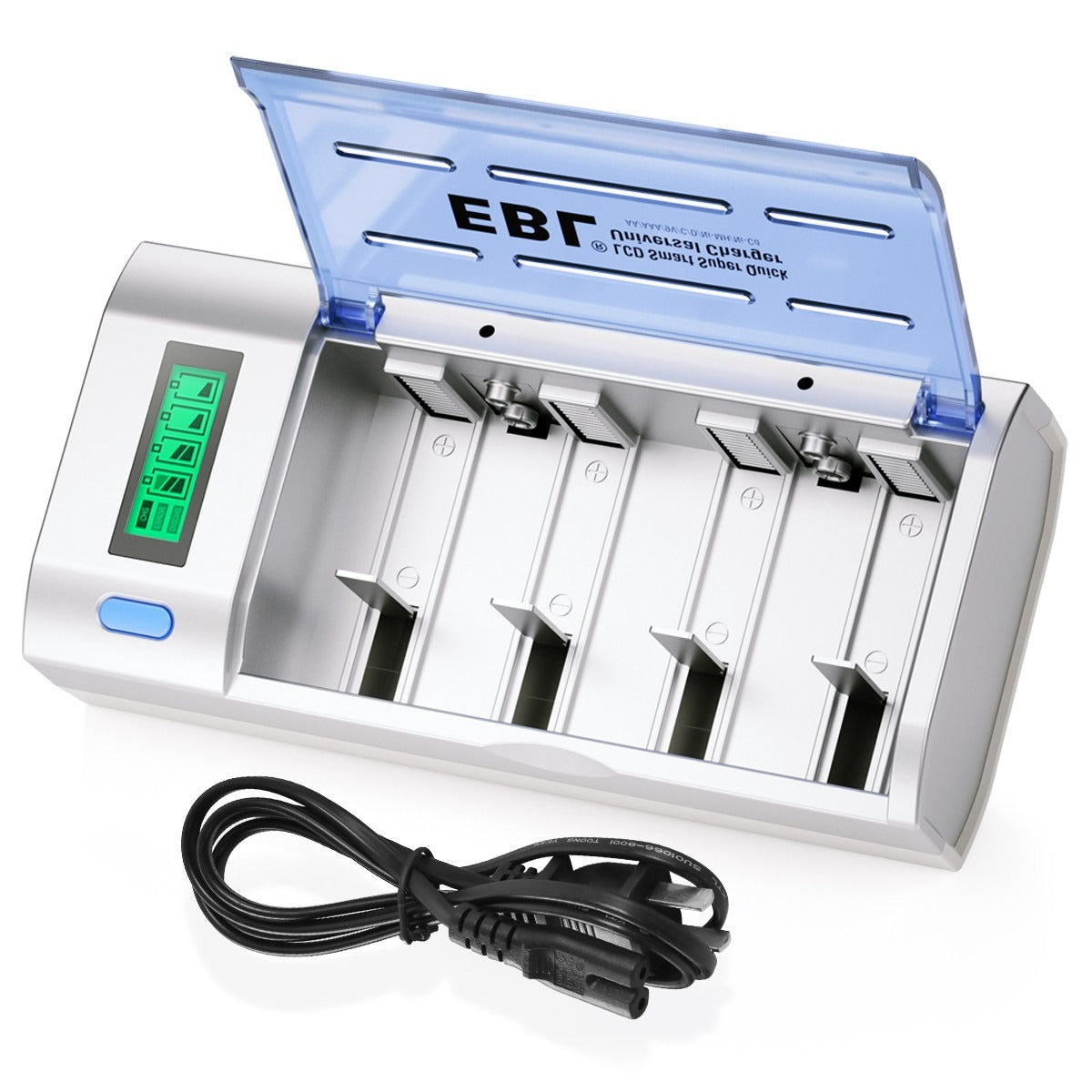
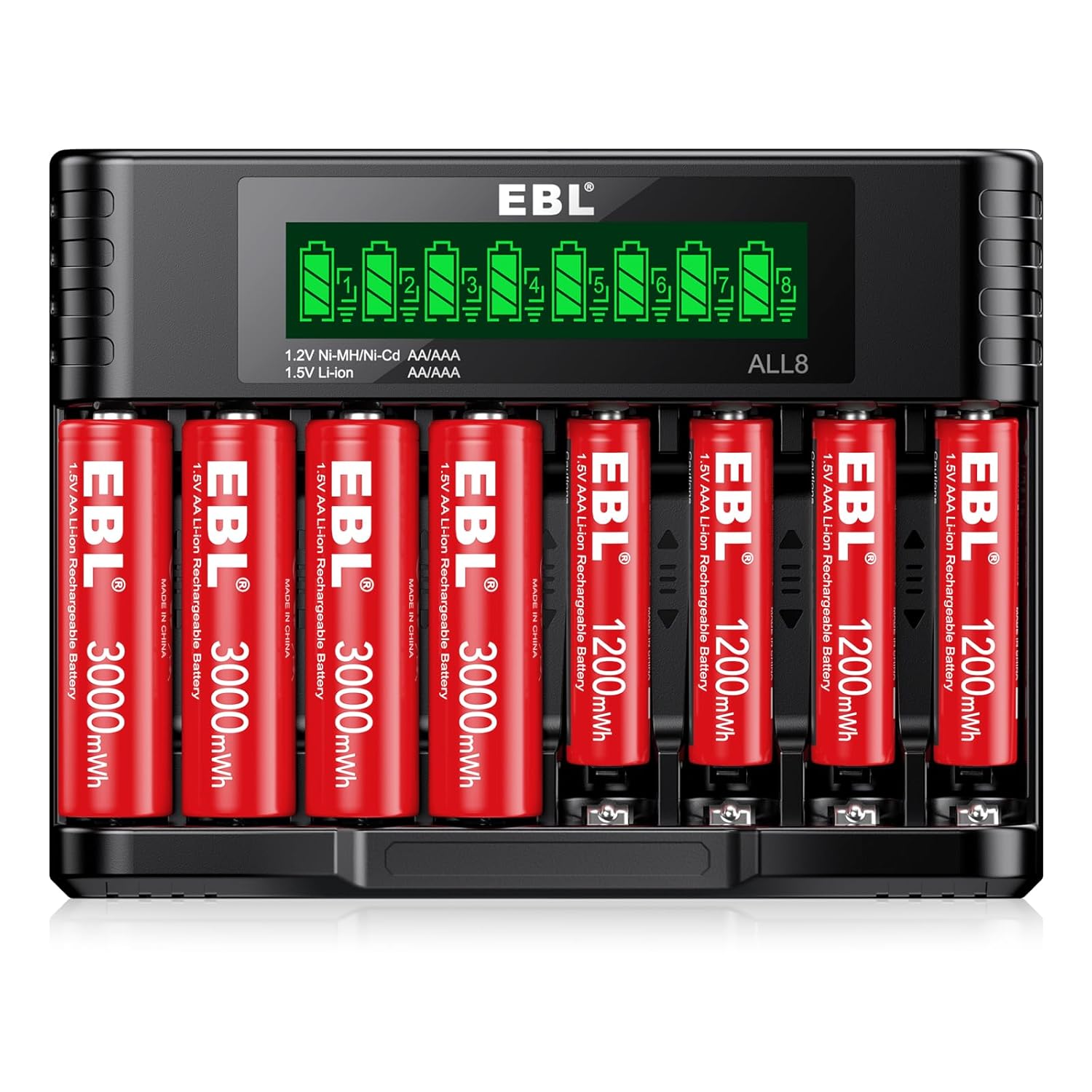
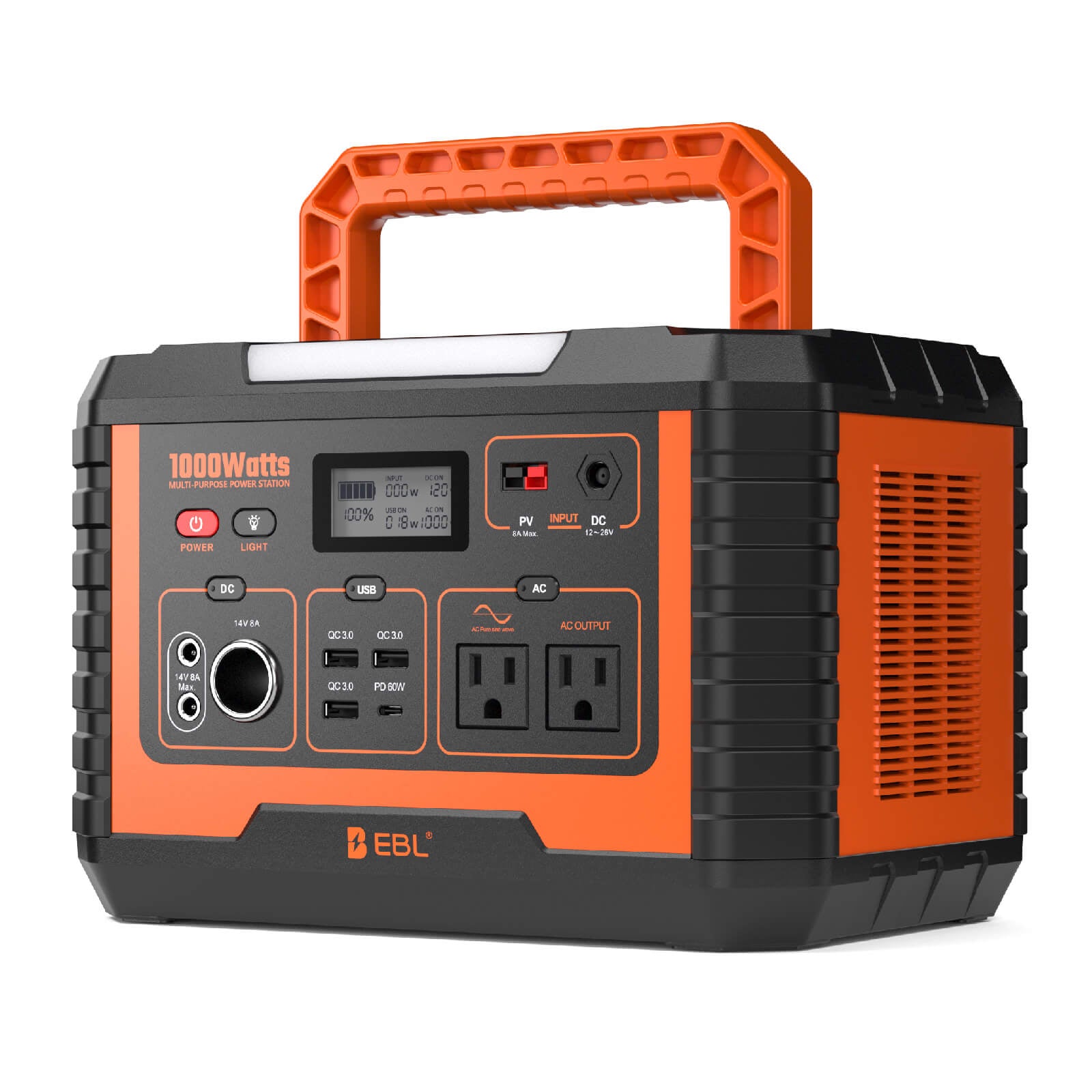
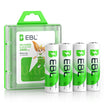
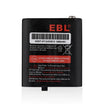
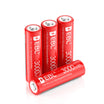
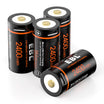
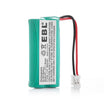
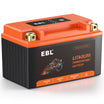


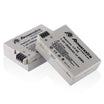
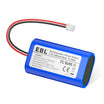
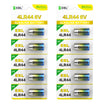
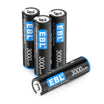
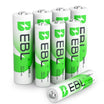
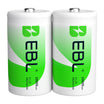
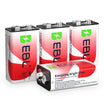
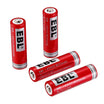
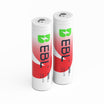
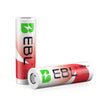
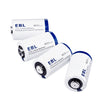
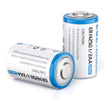
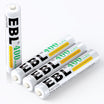

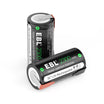
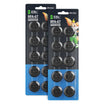
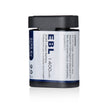
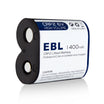
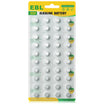
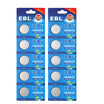
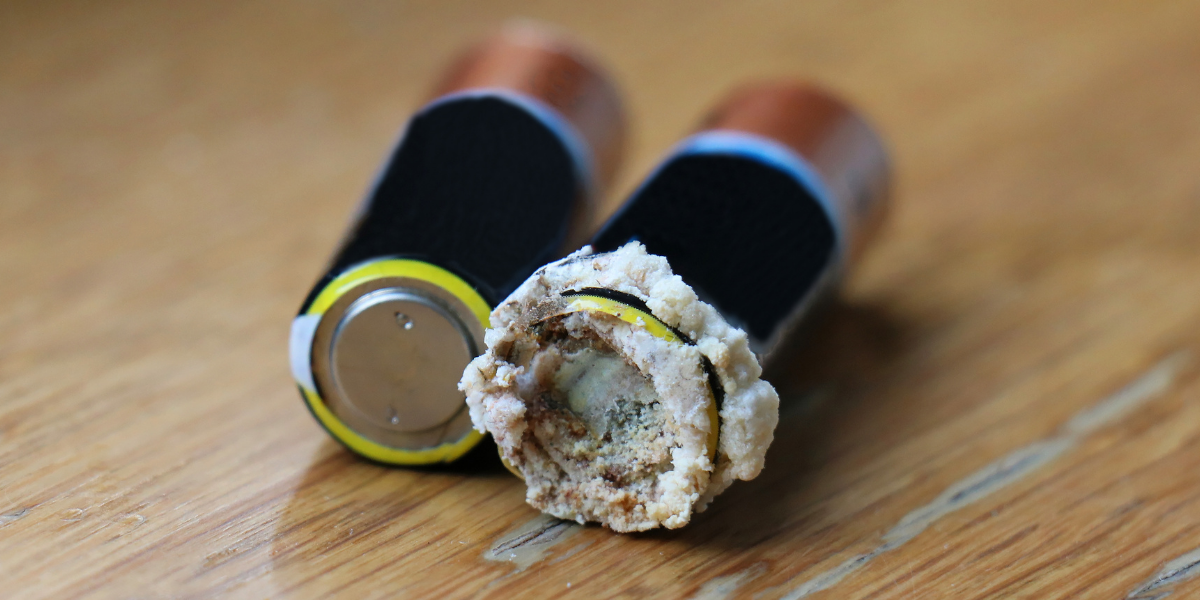

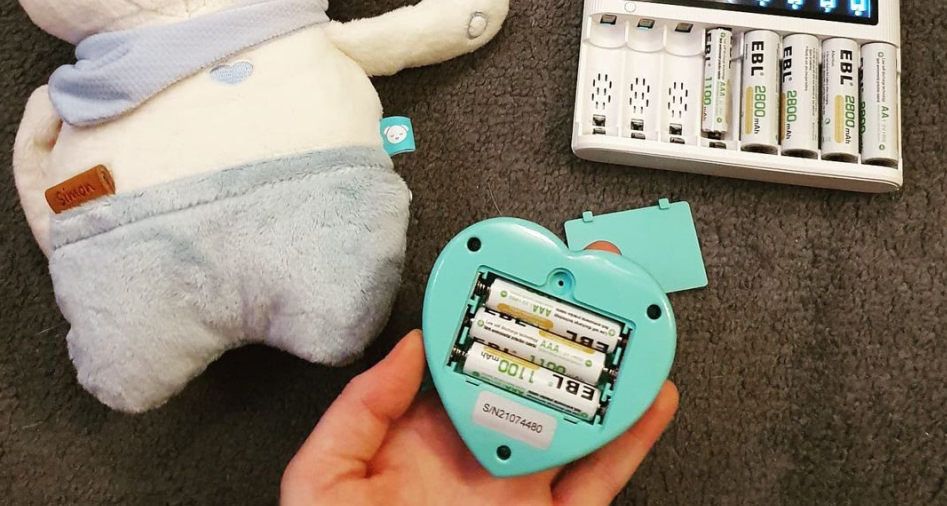
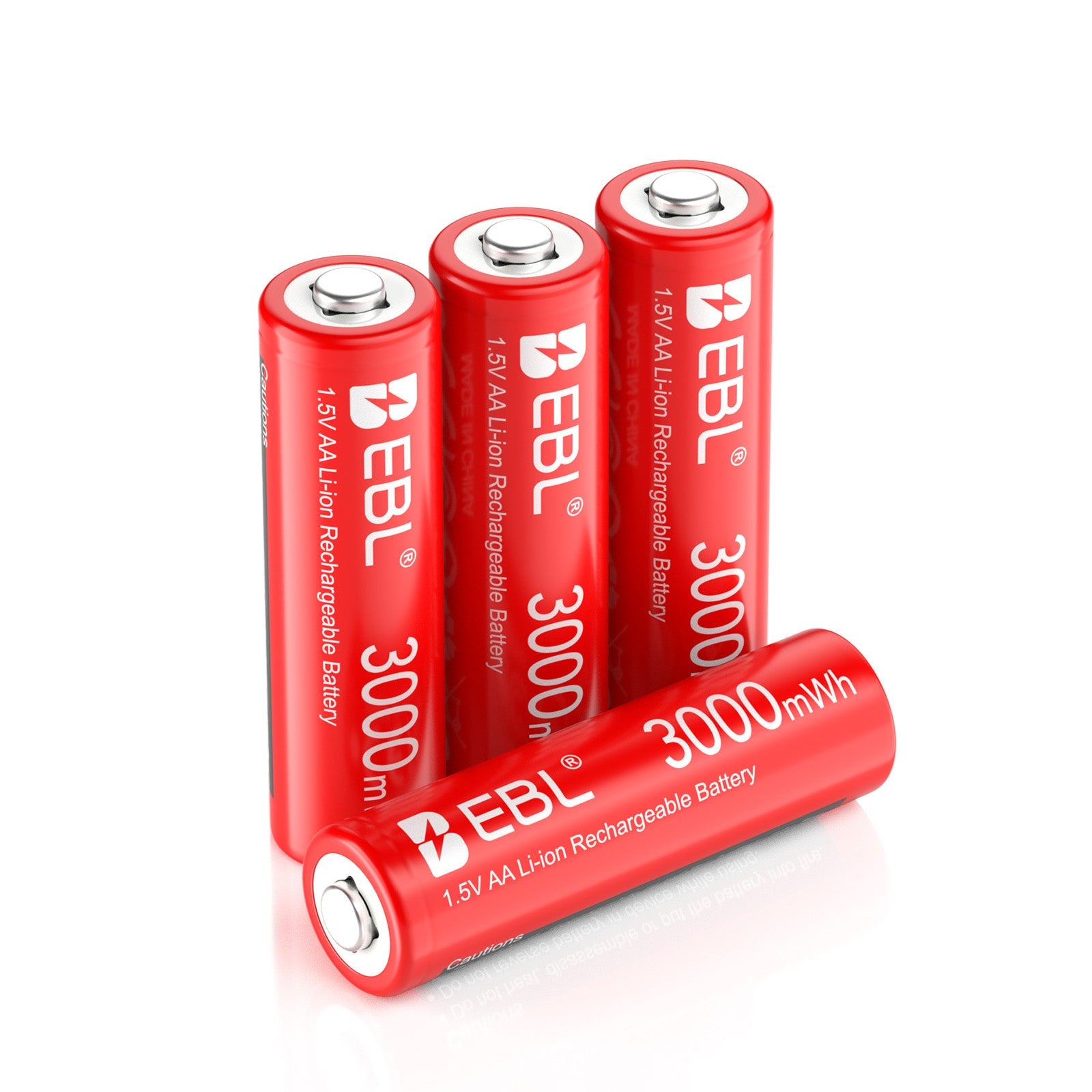
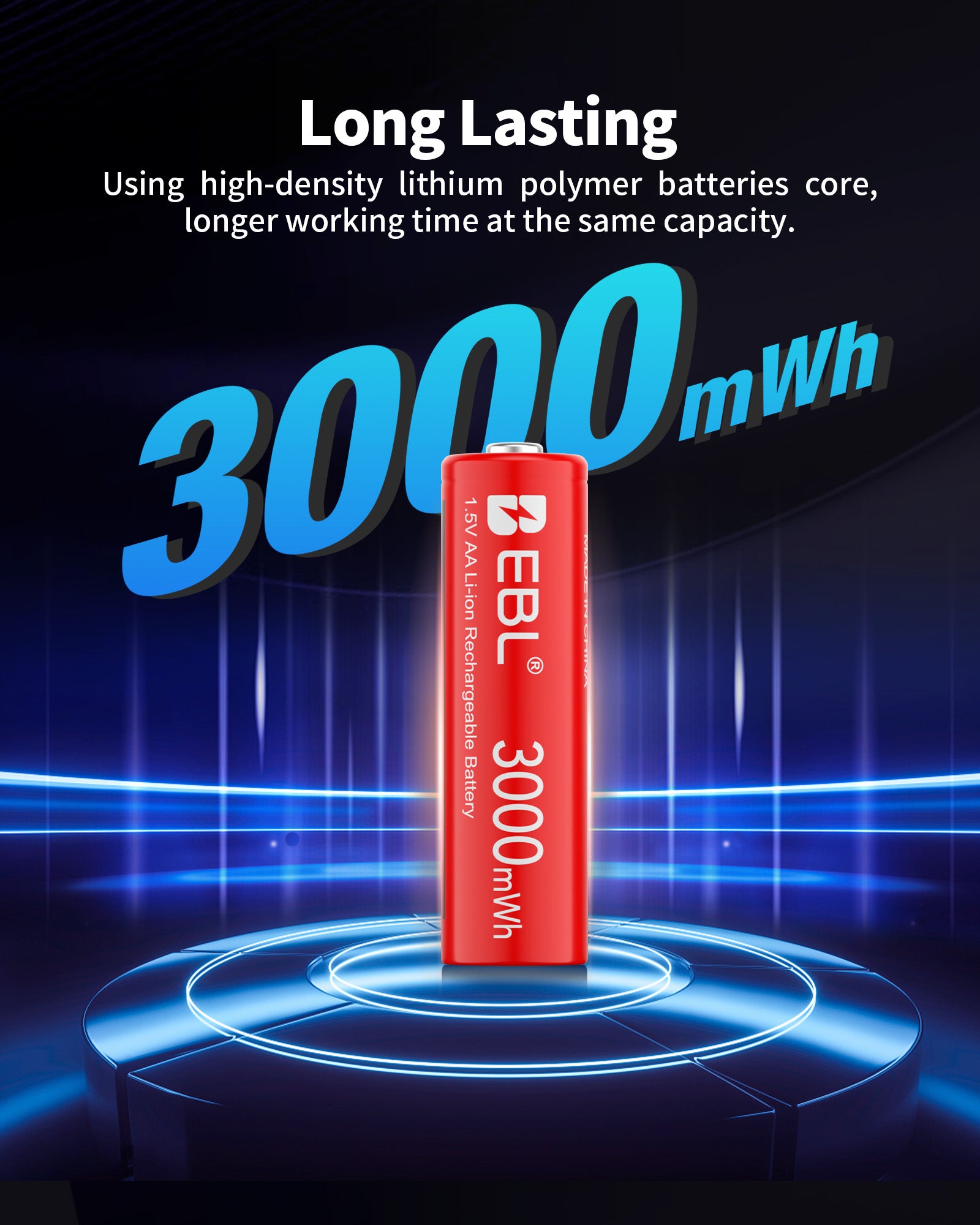
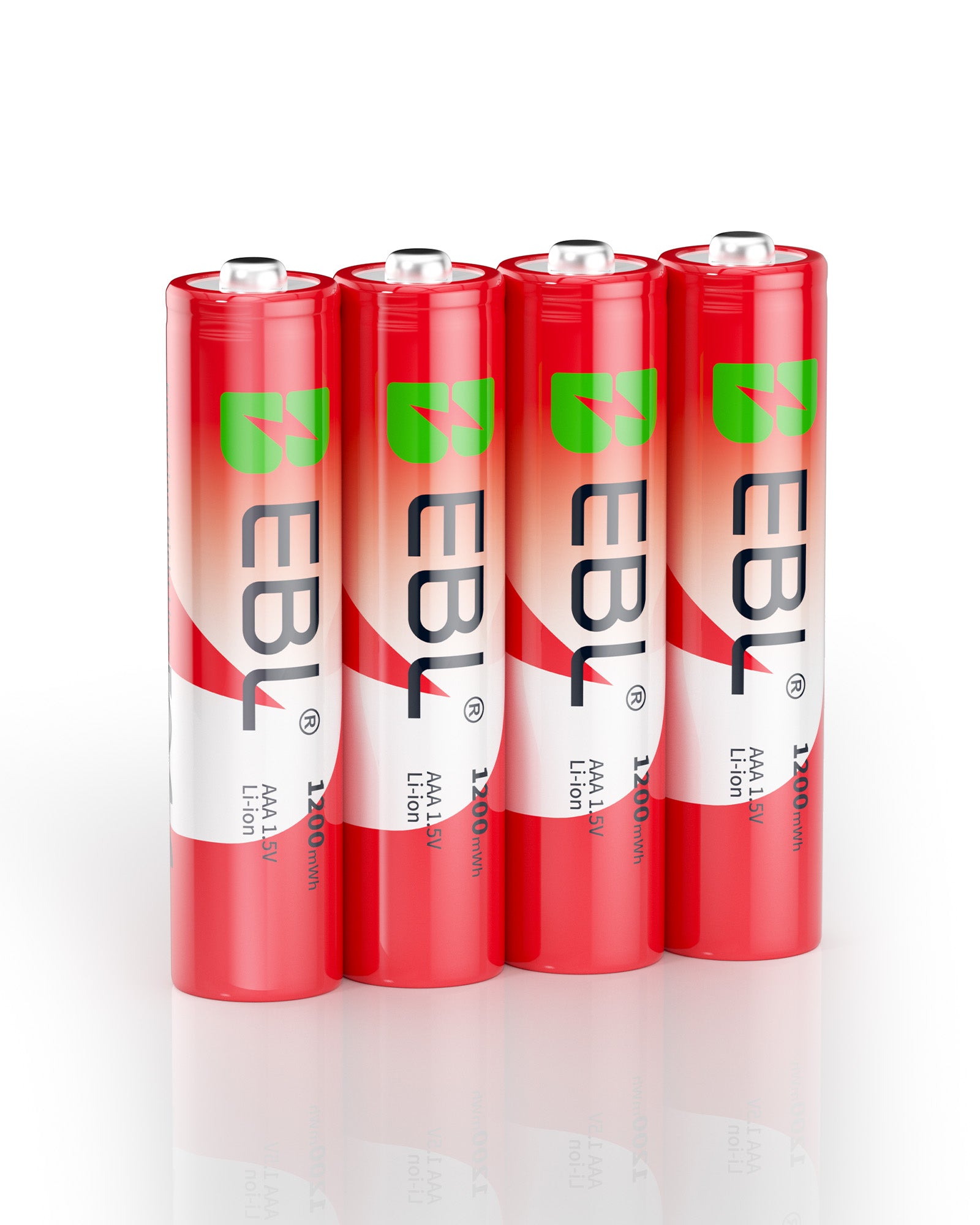
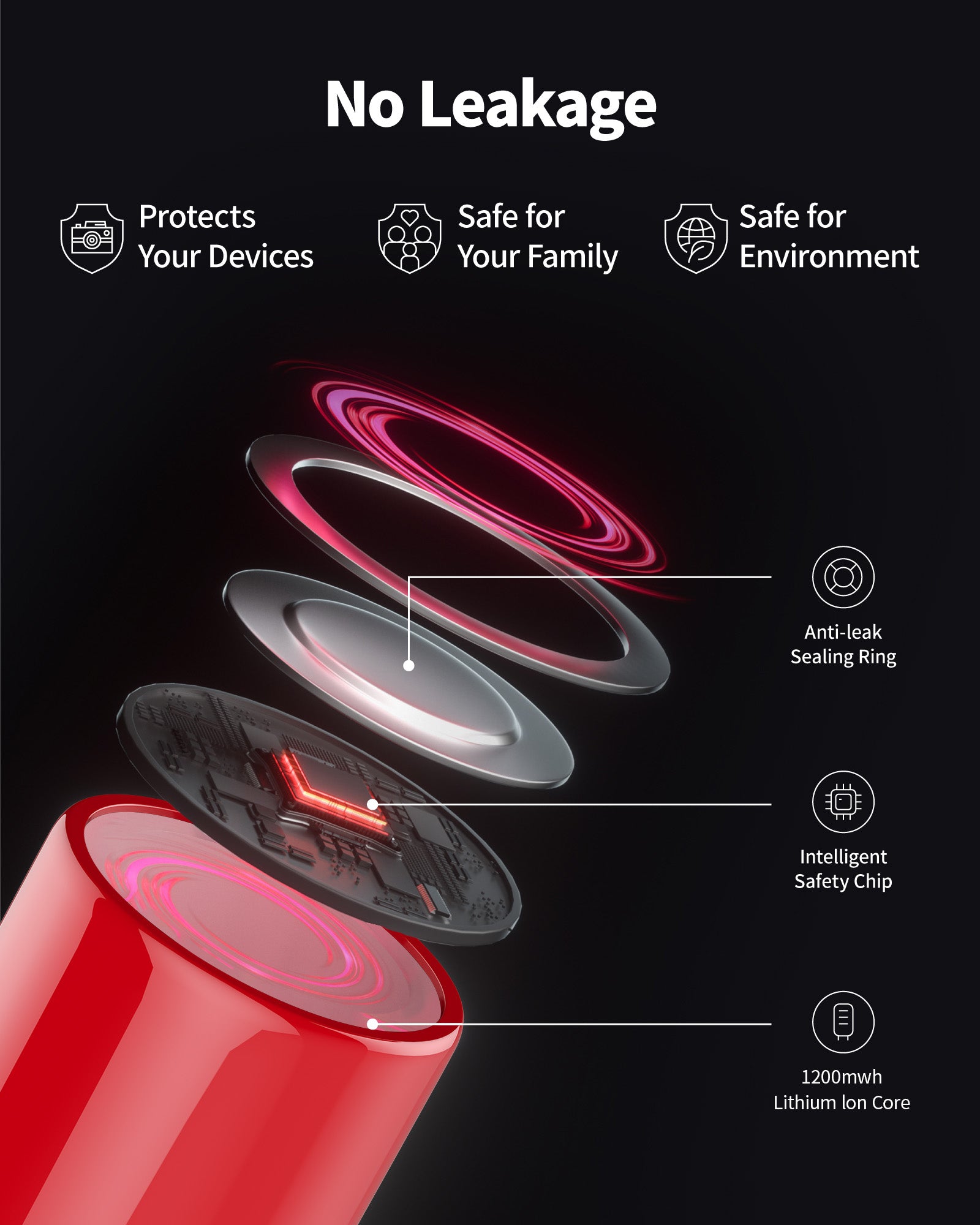
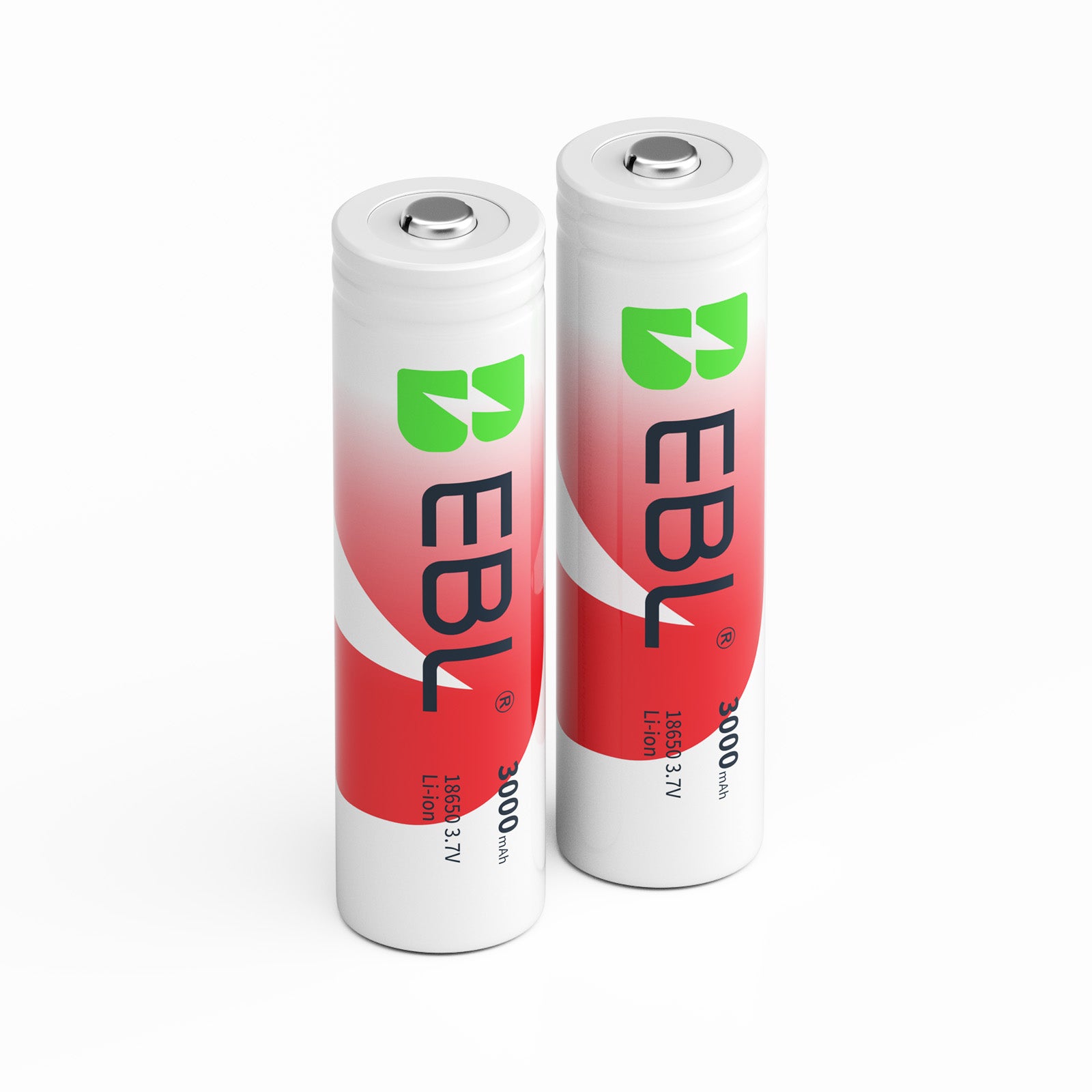
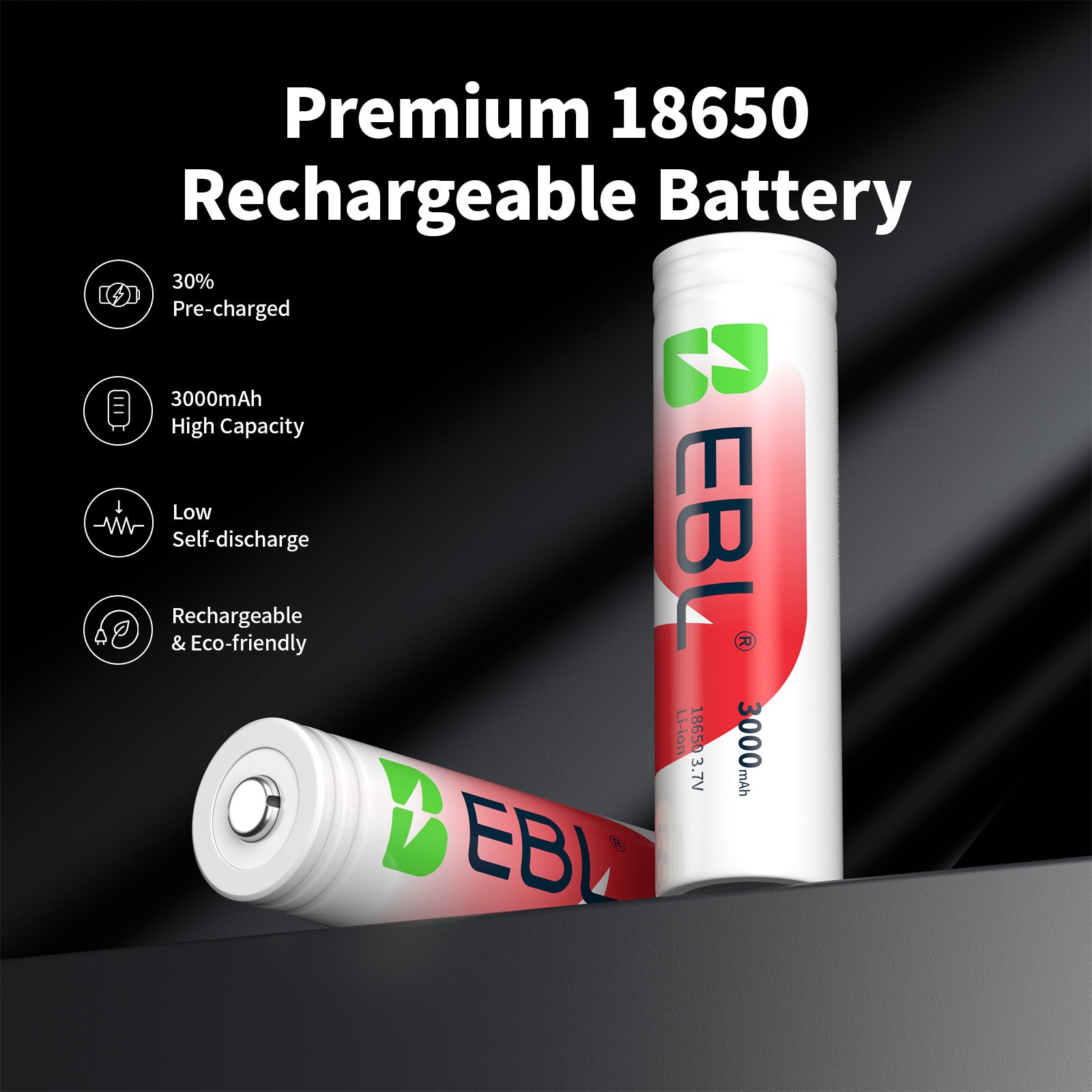
2 comments
EBLOFFICIAL
Using a gas permeable material or a vented design can indeed help address the issue of gas build-up and rupturing in batteries. However, there are some challenges associated with implementing these solutions.
Firstly, using a gas-permeable material can compromise the battery’s overall performance and lifespan. The material must be carefully chosen to ensure that it does not allow air or other contaminants to enter the battery and cause it to deteriorate prematurely. Moreover, the design must be such that the material does not interfere with the battery’s electrical properties.
Secondly, a vented design can be problematic because it can allow moisture and other contaminants to enter the battery, which can also lead to leakage and other problems. Additionally, a vented design may not be suitable for all types of batteries, particularly those that operate under high pressure or high temperature conditions.
Regarding the increase in battery leakage, it is indeed possible that alkaline batteries being sealed may be contributing to the problem. Sealing the battery can help prevent moisture and other contaminants from entering, but it can also increase the pressure inside the battery, which can lead to gas build-up and rupturing. Furthermore, the use of thinner and lighter materials in modern battery designs may make them more susceptible to damage and leakage. However, without a detailed analysis of the specific factors involved, it is difficult to draw definitive conclusions about the causes of the increase in battery leakage over time.
Steve Carlo
If the leaking problem is due to gas build up and rupturing, why not use a a gas permeable material or use a vented design?
I have definitely seen more batteries leak in the last 10-20 years than when I was younger. Although those were typically C/MnO2 with cardboard outer shells. Cardboard of course is very permeable, but sometimes they would still leak. Is this increase due to alkaline batteries being apparently sealed?
Leave a comment
All comments are moderated before being published.
This site is protected by hCaptcha and the hCaptcha Privacy Policy and Terms of Service apply.